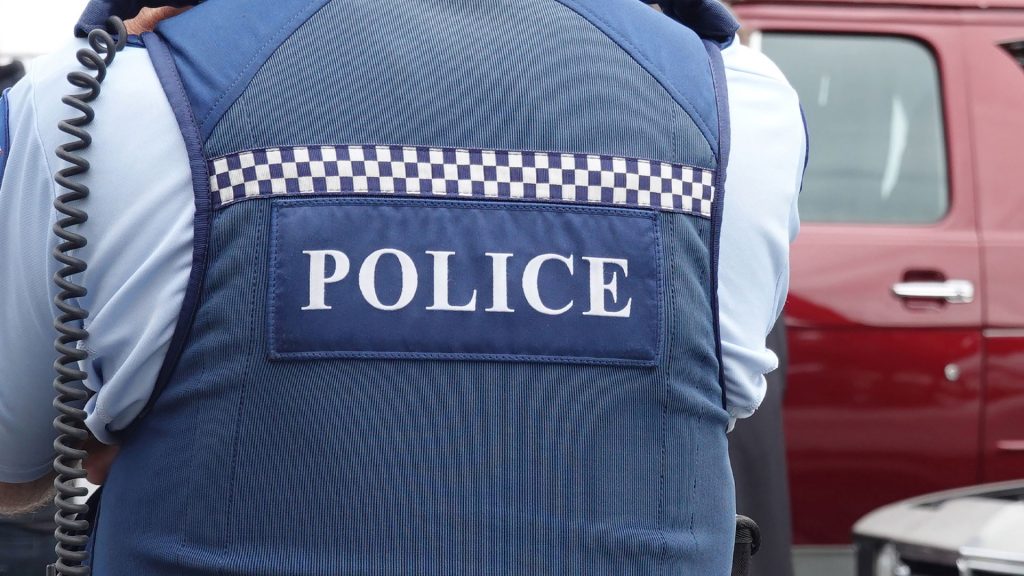After a New Zealand Police employee was critically injured in a high-speed collision, WorkSafe has accepted an enforceable undertaking which will see the organisation take steps to improve safety

WorkSafe has accepted a binding commitment from the New Zealand Police to improve safety for Traffic Camera Operators (TCO), after one was critically injured in a high-speed collision on Auckland’s North Shore.
The operator was thrown from his parked van in August 2021, when it was struck by a car on the Upper Harbour Highway at Greenhithe. The car driver died, and the operator suffered life-changing injuries.
A WorkSafe investigation found that Police could have carried out a more effective risk assessment of locations where operators work from, and required them to park safely behind motorway barriers and/or use seatbelts.
In response to the incident, Police has now applied to WorkSafe with a comprehensive pledge to improve safety for its TCOs. WorkSafe has officially accepted the pledge, known as an enforceable undertaking, which includes:
- Reparations to the injured operator
- Delivery of an enhanced traffic camera operator induction and training package
- Implementing a framework for managing critical risks and ways to control them
- Creation of a dedicated critical risk team to embed the work programme
- Presentation of lessons learned to the transport sector
“These activities will enable something positive to arise from serious harm. The aim is to bring about enduring health and safety change in a way that a fine through the courts may not have,” says WorkSafe’s deputy chief executive operations, Kane Patena.
The commitment is endorsed by both the injured operator and the Police Association, and will see a significant investment from Police towards worker and job safety.
As a result of the agreement, WorkSafe charges against Police have been discontinued meaning a trial due to start next month will no longer take place.
“WorkSafe will regularly monitor progress on the activities which have been agreed, and can resume prosecution if the commitment is not upheld,” says Patena.
New Zealand Police Deputy Commissioner Jevon McSkimming says systematic change is required to ensure the safety of all 78 TCOs around the country.
“This Enforceable Undertaking is an opportunity for us to further improve safe roadside policing. More than a dozen changes to policy and processes are outlined in this binding agreement, from a health and safety review through to enhanced training for TCOs.
“Some changes have already been made, including the establishment of a dedicated Critical Risk Programme team to embed the programme of work.”
McSkimming says this is the first incident of this nature and was a deliberate act.
“New Zealand Police has invested considerable internal resource and capability to undertake this rectification work and is committed to continuous safety improvement.”
In 2025, NZTA will begin operating speed cameras through a contracted third-party provider, using a different operating model to that of Police. Police will provide information on lessons learned and improvements made to NZTA to help inform its operation of mobile cameras.







